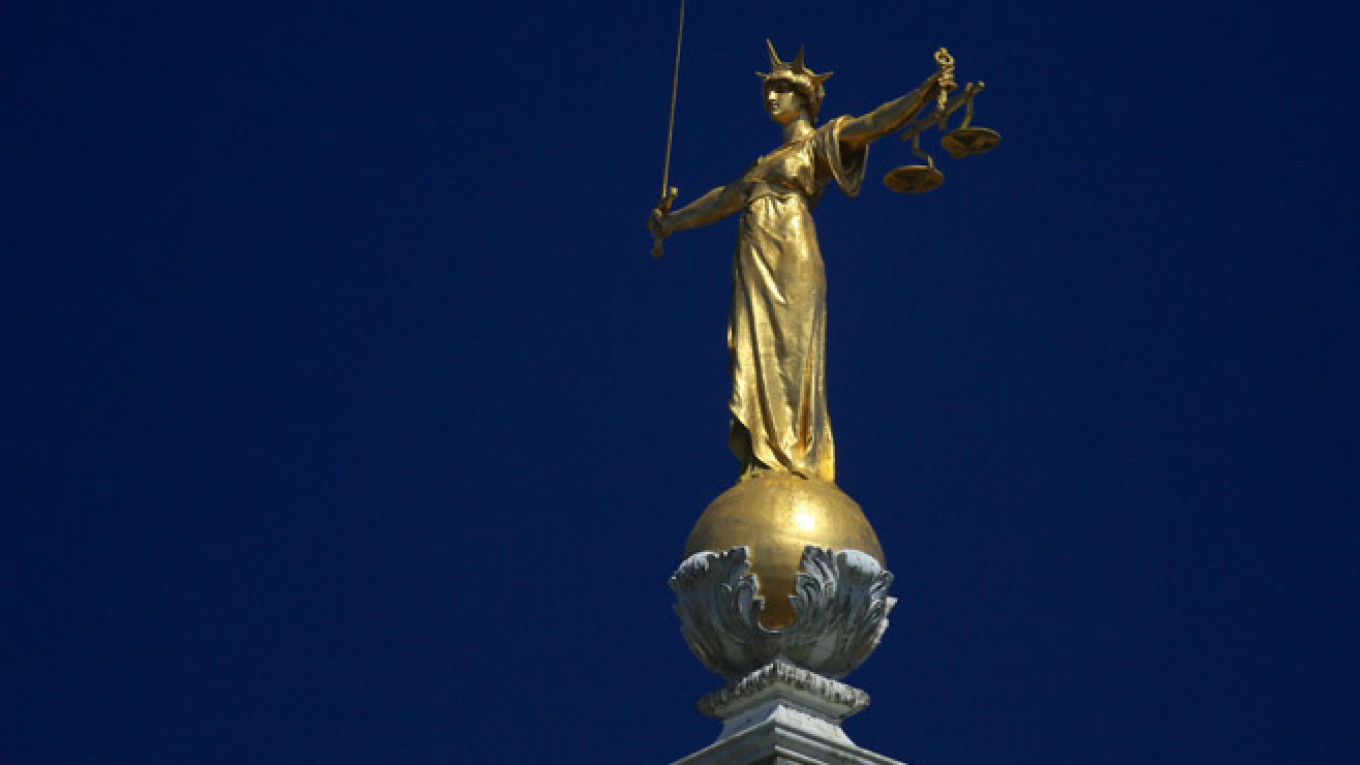Russia's behavior in Ukraine and the accompanying litany of untruths told by President Vladimir Putin and his ministers have finally exhausted the patience of Western leaders.
This is a watershed. Western leaders had mainly chosen to disregard Putin's encouragement of a system which had progressively led to the capture of the Russian state by oligarchic interests. Commercial and political considerations in leading Western countries prevailed over voices inside and outside Russia warning of the dangers posed by a lawless system to its citizens as well as neighboring countries and the wider world.
Britain is a good case in point. Despite the virtual breakdown of its political relationship with Russia after the "polonium murder" of Alexander Litvinenko in 2006, London's lawyers, bankers, accountants and PR consultants happily lined up to work for the Putin system. Law firms enjoyed particularly rich pickings servicing Russia's ruling class in the English courts.
On the face of it, this is compelling evidence of Britain's soft power and the respect in which its institutions are held in Russia. The openness of London and the pre-eminent reputation of English jurisdiction also attract Russians eager to find the justice that eludes them in their own country's courts.
But alongside the legitimate cases brought before English judges, there are also many that simply fake legitimacy, using the levers of the state to pursue their own business.
Using some of London's best lawyers, parts of Russia's ruling class export corrupt practices in an effort to use the English courts to protect ill-gotten gains. They have often been able to exploit the willingness of the courts to treat bogus claims as valid by applying the principle of regularity. This is the concept whereby a law-governed state assumes that another state also has institutions based on the rule of law.
This same approach is deployed to abuse the powers of Interpol by triggering red notices with court decisions and arrest warrants issued as a result of fabricated cases and sham legal proceedings in Russia.
There are some indications that English judges may be wising up. Last year, a court threw out a libel case brought by a retired Russian policeman believed to have benefited from the infamous corporate raid against the investment company Hermitage Capital that led to the death in custody of the young Russian lawyer, Sergei Magnitsky. Hermitage Capital had named and shamed the perpetrators of the raid.
But while English judges are turning away more Russian litigants because they cannot demonstrate sufficient connection with England for their cases to be heard, courts need to be better informed about the degree of criminalization of the Russian state. This will allow them to assess more objectively the merits of cases brought to London by state entities and individuals connected with them.
London's lawyers need to recognize the distressing reality that Russia in its current incarnation maintains the facade of a functioning legal system. Behind the walls of official structures that ostensibly uphold the law, elaborate machinery is in operation to siphon off the country's wealth for the benefit of the country's rulers. The law enforcement agencies are simply servants of this system.
For judges with an instinctive respect for sovereignty and no practical experience of this type of licensed legal nihilism, it is understandably hard to recognize, for example, that an official anti-corruption agency provides cover to steal other people's property and that this may be its primary function.
As Western countries sober up to the realities of the Putin system and its dangers, it is time to close the legal loophole that allows parts of Russia's ruling class to take advantage of the English legal system.
Robert Amsterdam is the senior partner of the law firm Amsterdam & Partners.
A Message from The Moscow Times:
Dear readers,
We are facing unprecedented challenges. Russia's Prosecutor General's Office has designated The Moscow Times as an "undesirable" organization, criminalizing our work and putting our staff at risk of prosecution. This follows our earlier unjust labeling as a "foreign agent."
These actions are direct attempts to silence independent journalism in Russia. The authorities claim our work "discredits the decisions of the Russian leadership." We see things differently: we strive to provide accurate, unbiased reporting on Russia.
We, the journalists of The Moscow Times, refuse to be silenced. But to continue our work, we need your help.
Your support, no matter how small, makes a world of difference. If you can, please support us monthly starting from just $2. It's quick to set up, and every contribution makes a significant impact.
By supporting The Moscow Times, you're defending open, independent journalism in the face of repression. Thank you for standing with us.
Remind me later.






